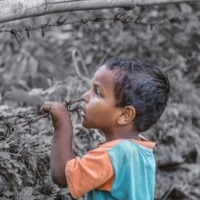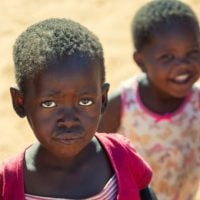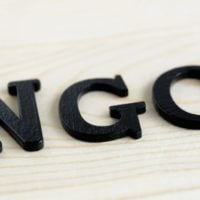Deadline: 08-Aug-2025
Under Phase II, UNICEF is implementing focused interventions in Sierra Leone to address child protection, education, and adolescent empowerment. The aim is to prevent and respond to violence and harmful practices affecting children and young people, especially girls.
The program is working to create safe and supportive school environments, provide adolescent girls with life skills and reproductive health knowledge, and engage families in positive parenting practices. Community dialogue and advocacy efforts are also being used to shift harmful gender norms and promote positive social change. UNICEF’s strategy integrates sexual and reproductive health and rights (SRHR), life skills, and child protection into existing systems, working closely with national ministries and local councils.
Partnerships with grassroots civil society organizations, particularly women’s rights groups, are central to the approach. Interventions are designed to strengthen institutional, community, and family systems. A whole-school model is being implemented in three districts to improve school response to school-related gender-based violence. This includes teacher training on codes of conduct, the establishment of school clubs and safe spaces, and efforts to ensure gender- and disability-equitable school environments.
Cross-sectoral areas of focus include communication for development, monitoring and evaluation, research and data analysis, training and capacity building, and education. The program also emphasizes child protection and crime/violence prevention, with a strong focus on adolescent skill development.
The geographic focus is on the northern region of Sierra Leone. Expected results include changing gender norms and behaviors at the community and individual levels to prevent violence against women and girls. Women’s economic empowerment is also expected to contribute to these outcomes.
Key activities under Output 1 include developing evidence-based national programs to promote gender-equitable norms and delivering comprehensive sexuality education in and out of school settings. The whole-school approach will be implemented in 300 schools across three districts. Positive parenting programs will be scaled up to support children with disabilities, and safe spaces will be created for out-of-school girls to receive life skills training and access economic empowerment opportunities.
Output 2 focuses on community advocacy platforms that support gender-equitable attitudes, challenge harmful masculinities, and promote self-esteem and reproductive rights. These platforms will host community-led dialogues, campaigns, and activities that confront practices like female genital mutilation and child marriage. Adolescents will be actively involved in these community mobilization efforts.
Output 3 supports decision-makers in advocating for the implementation of laws and policies that protect women and girls. A localized social and behavior change communication strategy and multimedia campaign will be launched, with an emphasis on adolescent participation.
Monitoring and evaluation frameworks will be applied by implementing partners to track progress. These frameworks will include indicators to measure changes in gender norms and behaviors, as well as tools to monitor participant demographics and ensure inclusion of girls with disabilities. Data collection will be ongoing to inform programming and adapt strategies as needed.
Selection criteria for partners and interventions include clarity of activities and results, resource contribution, cost-effectiveness, innovation, and sustainability.
For more information, visit UN Partner Portal.









































